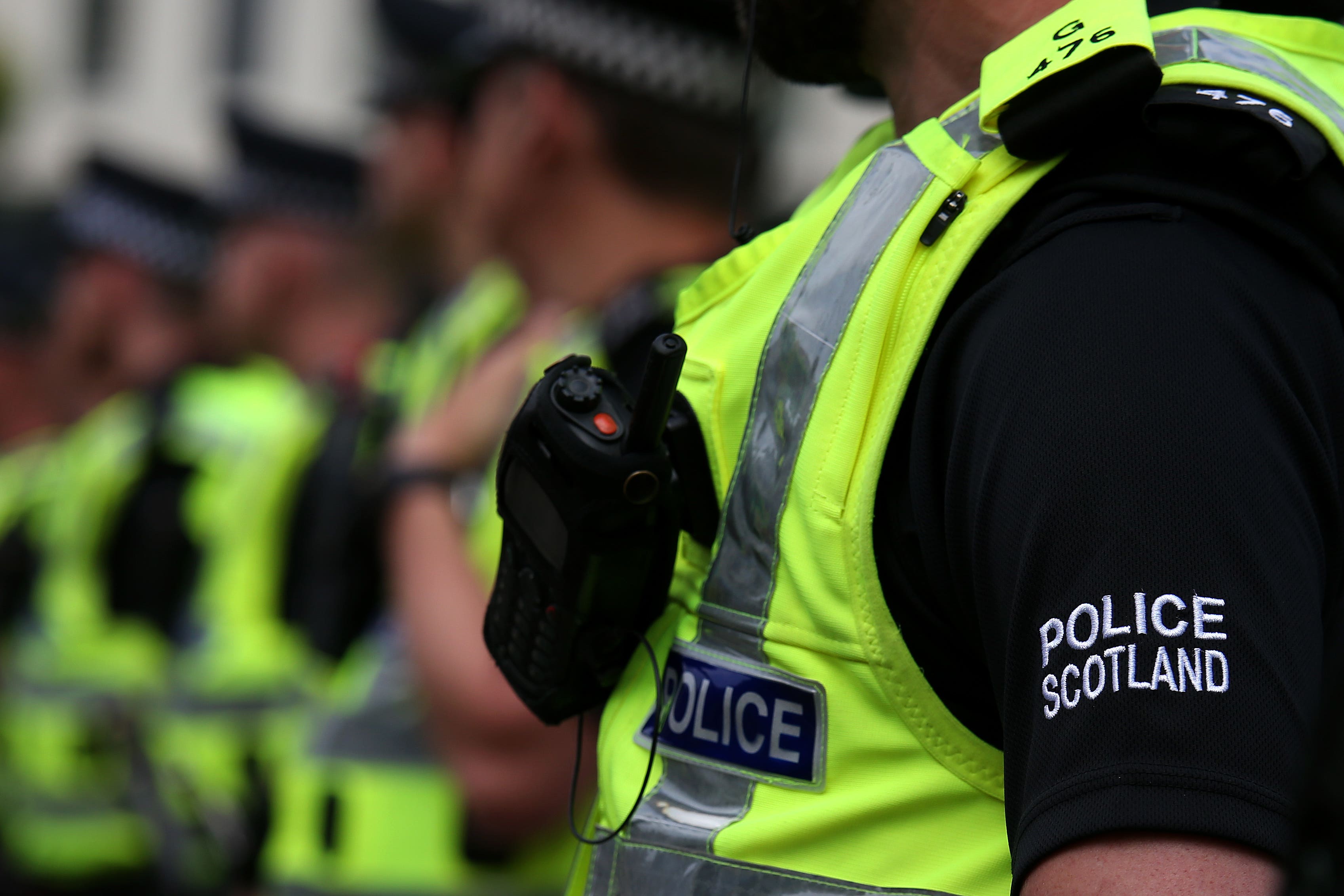Police Scotland policy against facial hair sparks complaints from officers
The Scottish Police Federation said it has been ‘inundated’ with objections from rank-and-file staff.

Your support helps us to tell the story
From reproductive rights to climate change to Big Tech, The Independent is on the ground when the story is developing. Whether it's investigating the financials of Elon Musk's pro-Trump PAC or producing our latest documentary, 'The A Word', which shines a light on the American women fighting for reproductive rights, we know how important it is to parse out the facts from the messaging.
At such a critical moment in US history, we need reporters on the ground. Your donation allows us to keep sending journalists to speak to both sides of the story.
The Independent is trusted by Americans across the entire political spectrum. And unlike many other quality news outlets, we choose not to lock Americans out of our reporting and analysis with paywalls. We believe quality journalism should be available to everyone, paid for by those who can afford it.
Your support makes all the difference.The Scottish Police Federation (SPF) said it has been “inundated with complaints” over a new policy from Police Scotland that will require officers to be clean-shaven in order to wear protective masks.
Speaking to BBC Radio Scotland’s Good Morning Scotland programme on Friday, SPF general secretary David Kennedy said the plan has caused “considerable angst” among officers, adding he has “never seen so many complaints come in” during his time as a full-time official.
Police Scotland said the policy is being brought in to “protect those on the frontline” as wearing the FFP3 mask properly requires the face to be clean-shaven.
Mr Kennedy said the SPF, which represents rank-and-file officers, does not believe police would have to wear the masks often, which is the “root of the problem” which is “causing the angst for several police officers”.
Some officers may have to shave twice a day for these masks to work
He added: “The health and safety executive guidance is that a policy like this should only be utilised as a last resort and there have been relevant questions raised by officers as to why this policy is now being proposed.”
Police Scotland said there will be exemptions to the clean-shaven rule on religious or medical grounds, but Mr Kennedy claimed no equality or human rights assessment has been carried out on the policy.
He said: “People would be facing misconduct if they didn’t shave. Some officers may have to shave twice a day for these masks to work.”
He said there has been no consultation on the policy as yet, and he believes Police Scotland will impose it.
Mr Kennedy added he hopes the force will revisit the policy, arguing there are “other health and safety issues” it should be focusing on.
Police Scotland said the policy will come into force in the next few weeks.
Assistant Chief Constable Alan Speirs said: “The safety of our officers and staff is a priority and the policy around the use of respiratory equipment (RPE) is being implemented to protect those on the frontline.
“Significant learning from the Covid pandemic identified that the FFP3 mask – which is face-fitted and requires users to be clean-shaven – offers the most appropriate and effective respiratory protection to officers and staff.
“While the risk from coronavirus has lowered, wider risks remain to those attending calls, such as fires, road accidents and chemical incidents which require PPE to be worn.
“The respiratory protective equipment policy mandates that, where it can be reasonably foreseen that an officer or member of staff will use an FFP3 mask in the course of their duties, they should be clean-shaven.
“The exception to this policy covers officers and staff who cannot shave for religious, cultural, disability or medical reasons. In these circumstances, Police Scotland is seeking to introduce an alternative type of respiratory protection.”
Later on Friday, the force said it would carry out a full consultation on the policy.
Mr Speirs added: “We understand the frustrations among those affected on the frontline, but the use of RPE is absolutely necessary to protect officers and staff from serious health risks.
“We are listening to a wide range of views on this matter and will undertake full consultation with all relevant staff associations ahead of implementation.
“A full human rights impact assessment is also being carried out as part of this process.”